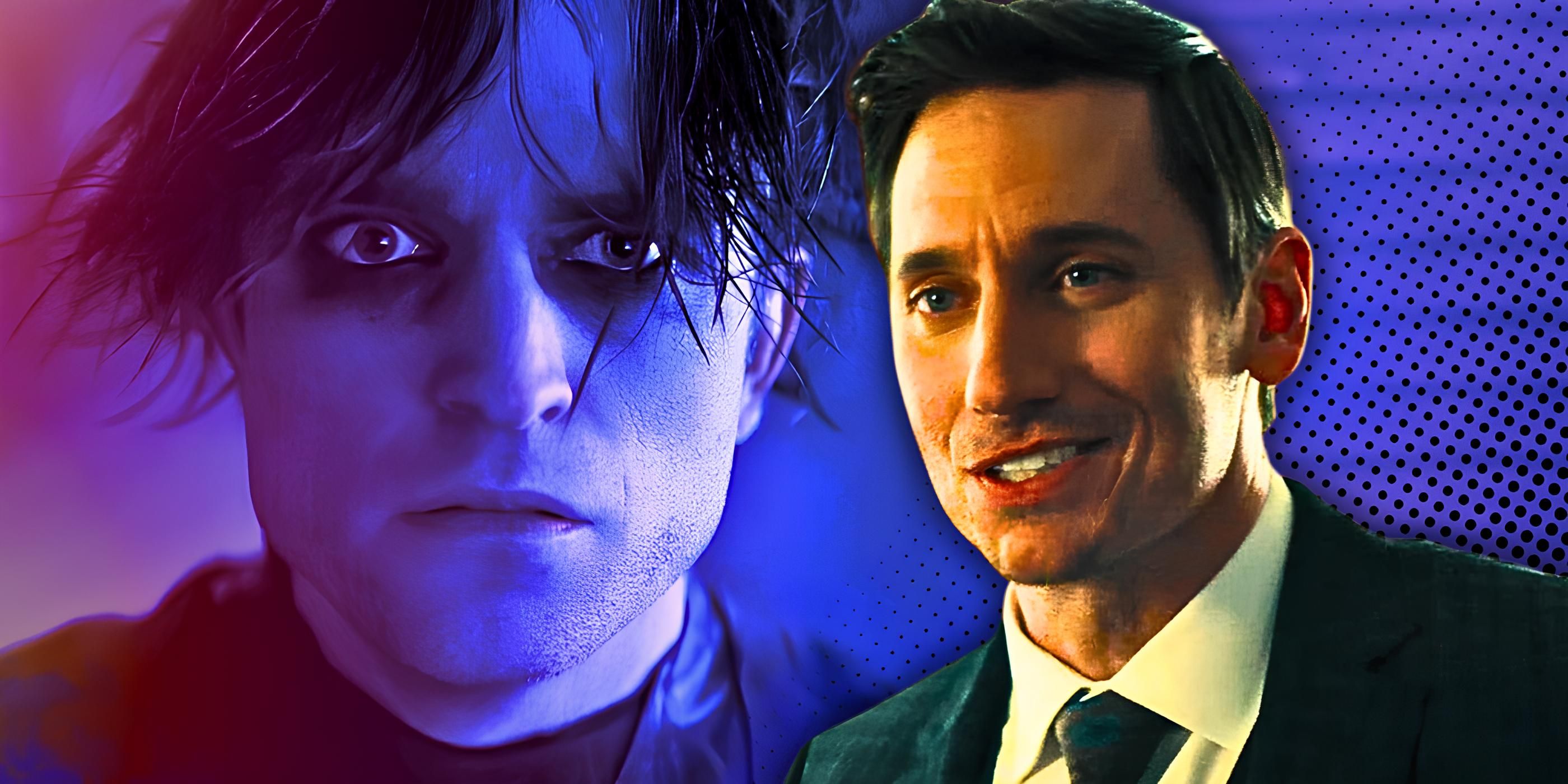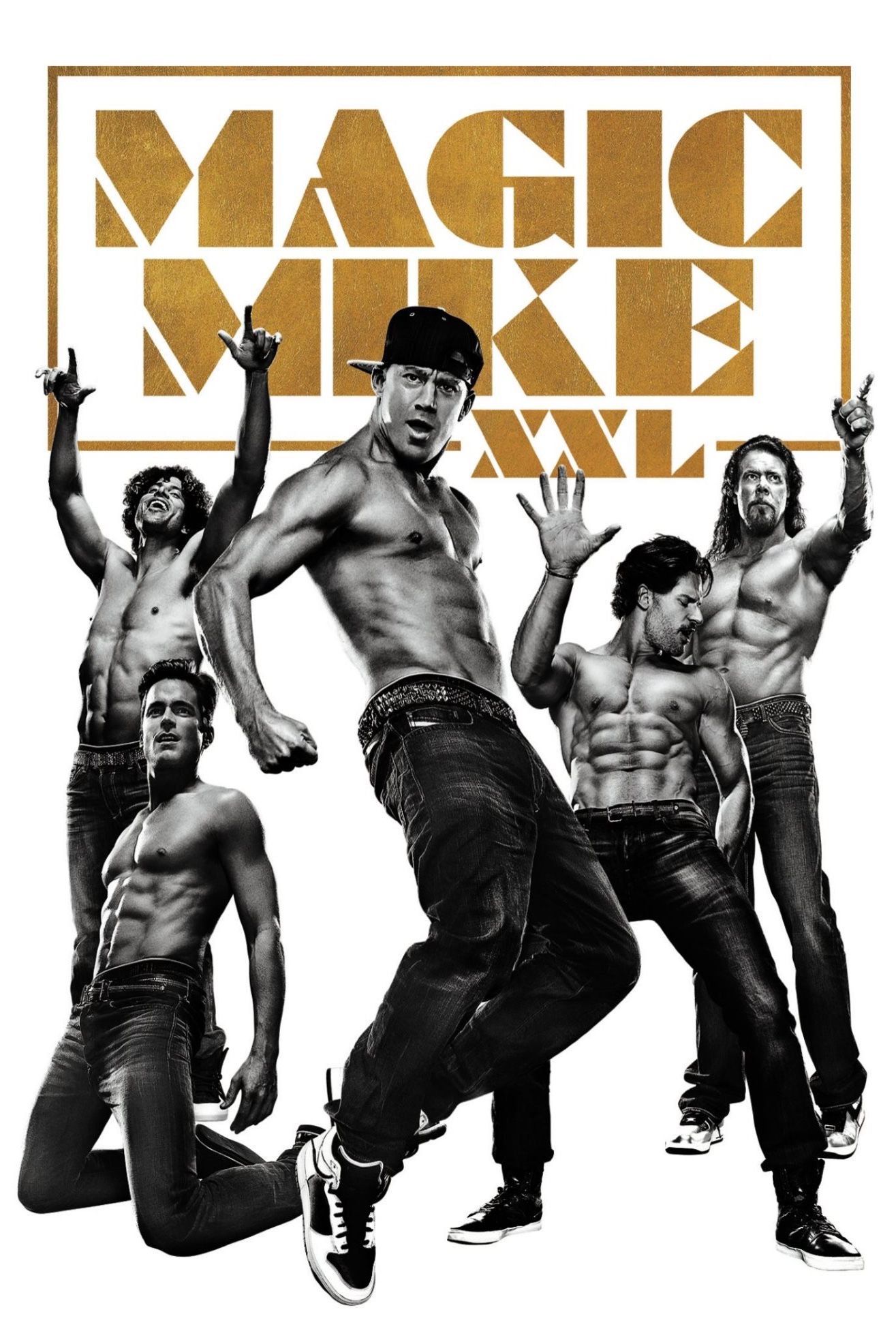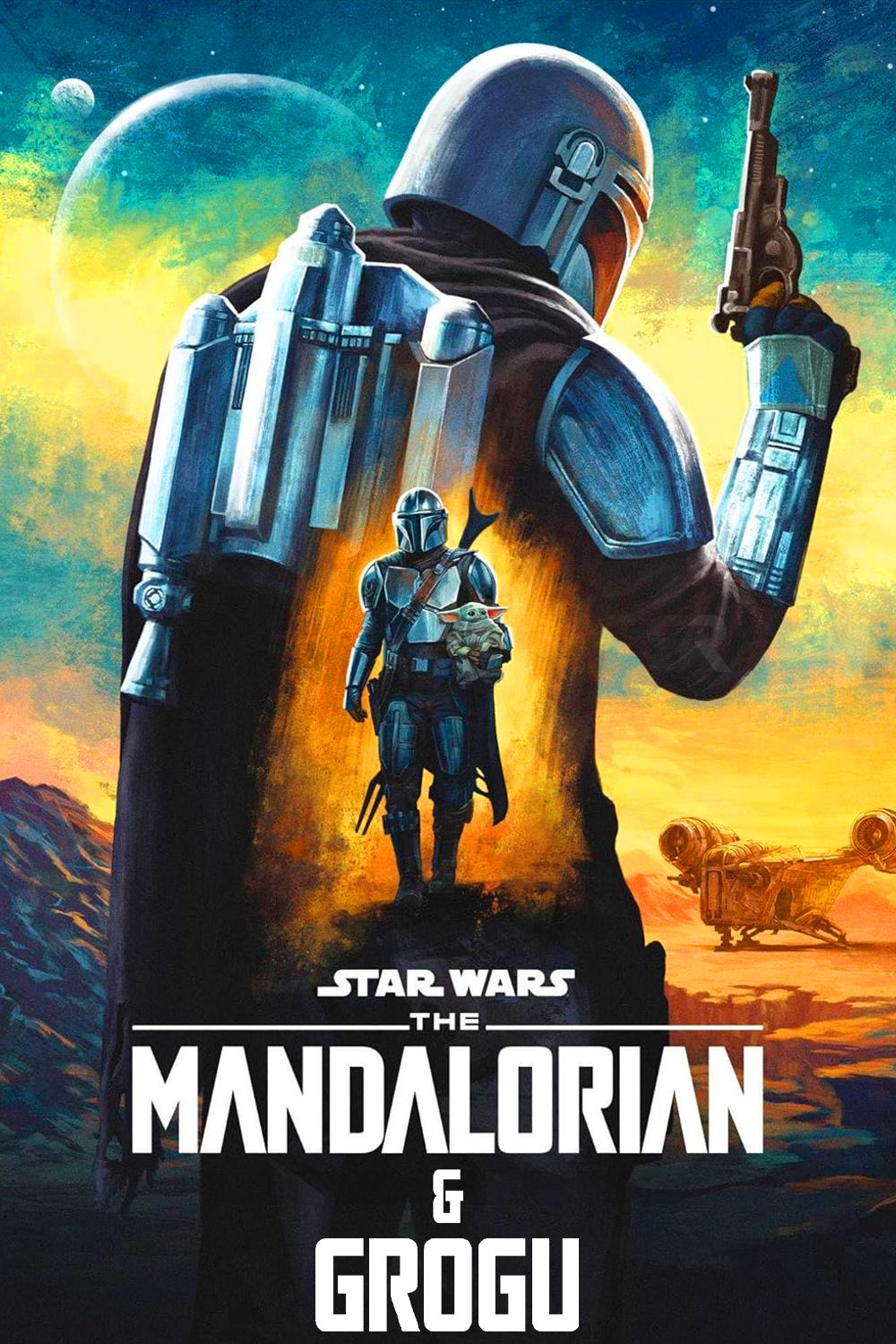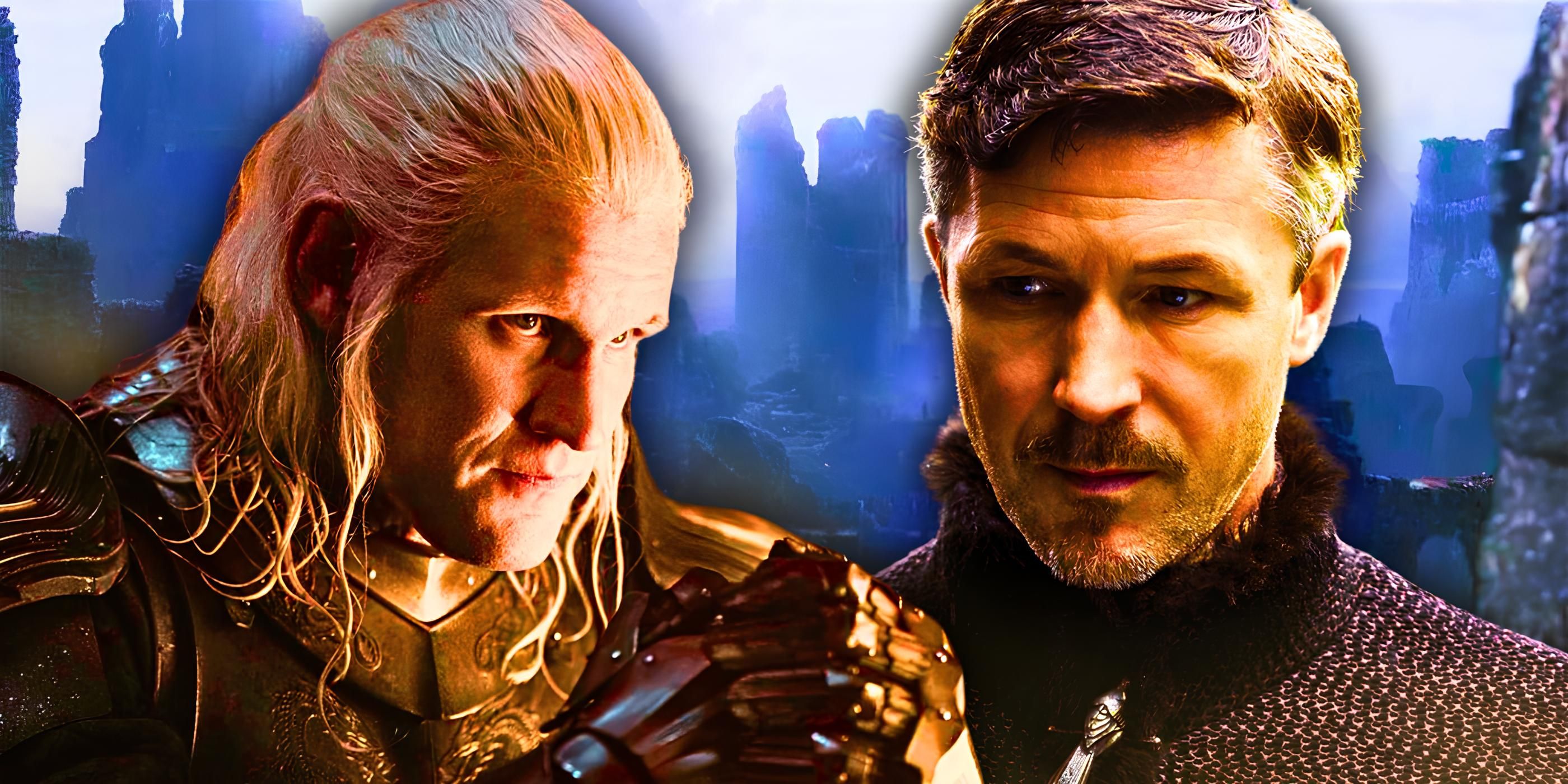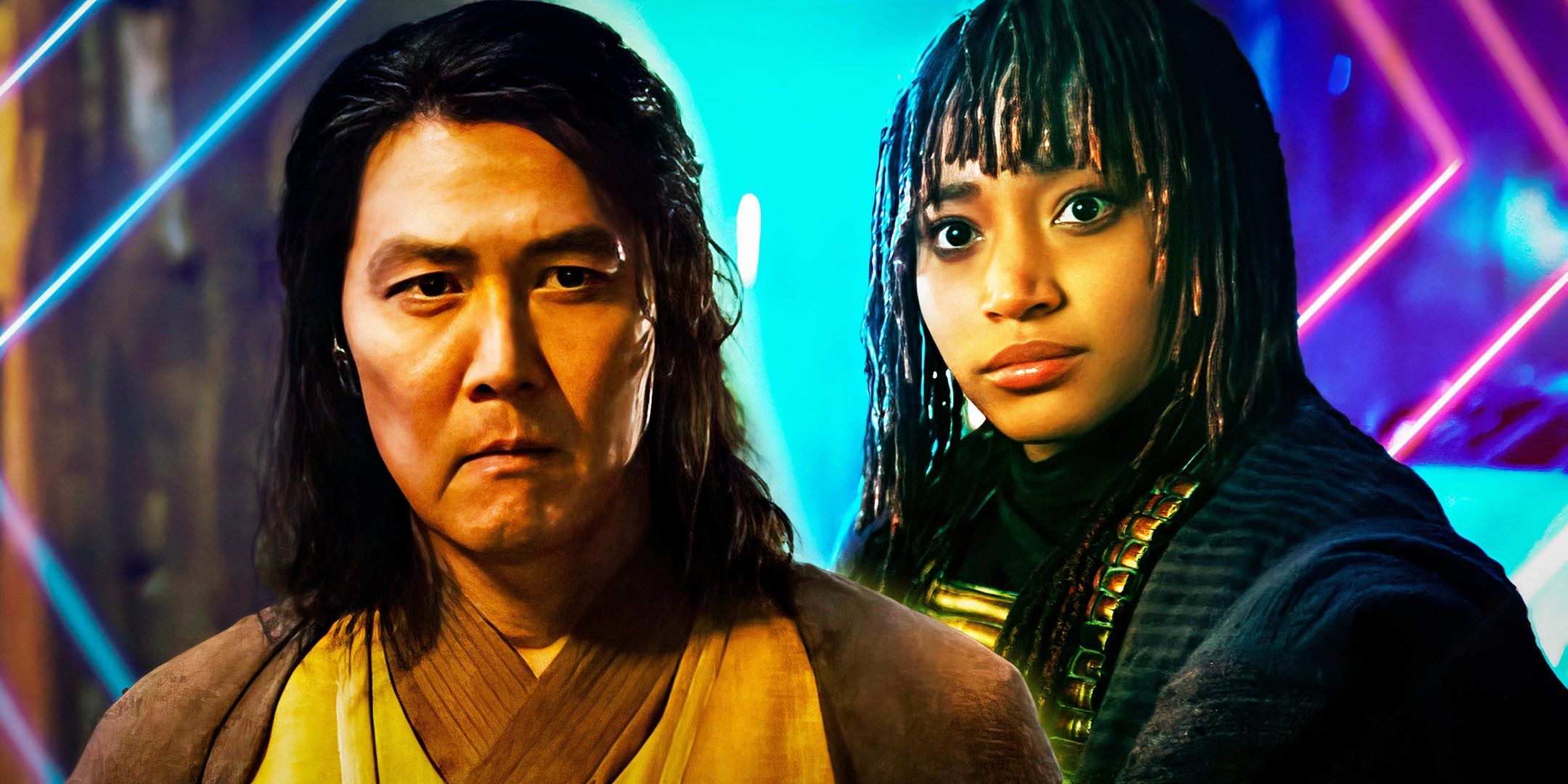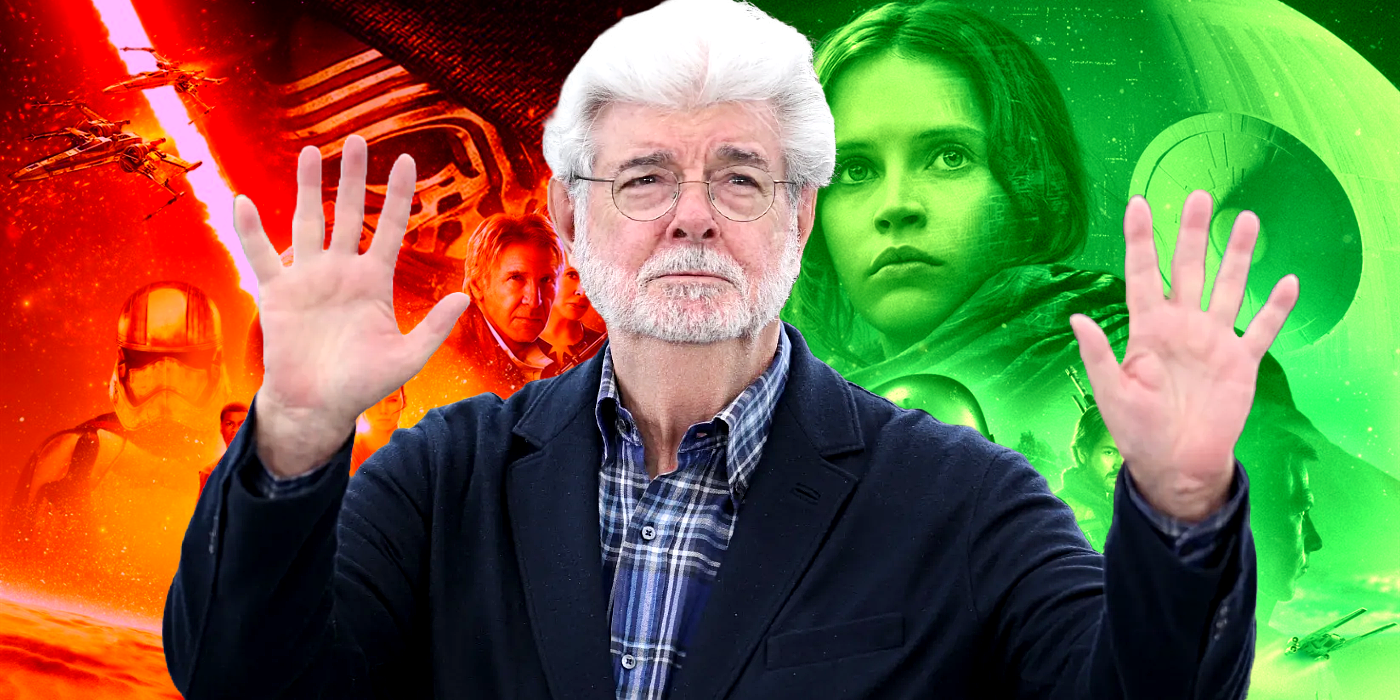Blade Runner‘s Rick Deckard, played by Harrison Ford, is one of the most iconic sci-fi movie characters, but he is quite different from his book counterpart. Blade Runner and all of its characters were inspired by Philip K. Dick’s 1968 novel, Do Androids Dream Of Electric Sheep? In the book, the character of Deckard is almost unrecognizable when held up against the version in Scott’s movie adaptation of Dick’s work. Although both iterations of Rick Deckard embark on similar journeys, the divergence in their respective personalities almost makes them different characters altogether.
Some of the differences are subtle, whereas others alter Deckard at his very core. While some of the alterations are understandable, considering the character had to lead a motion picture rather than a novel, the motive behind the others remains somewhat mysterious. If Scott had opted for a version of the lead character that was more faithful to Dick’s work, it’s possible there would even have been other actors more suited to the role than Harrison Ford. As it stands, the disparity between both versions of Deckard remains one of the biggest differences between Blade Runnerand Electric Sheep.

Related
Blade Runner Ending, Explained
Ridley Scott crafted a science fiction classic when he made Blade Runner, but the movie’s ambiguous ending left a lot of questions to be answered.
7 Deckard Is Not A Police Officer In The Book
He Still Hunts Down Androids
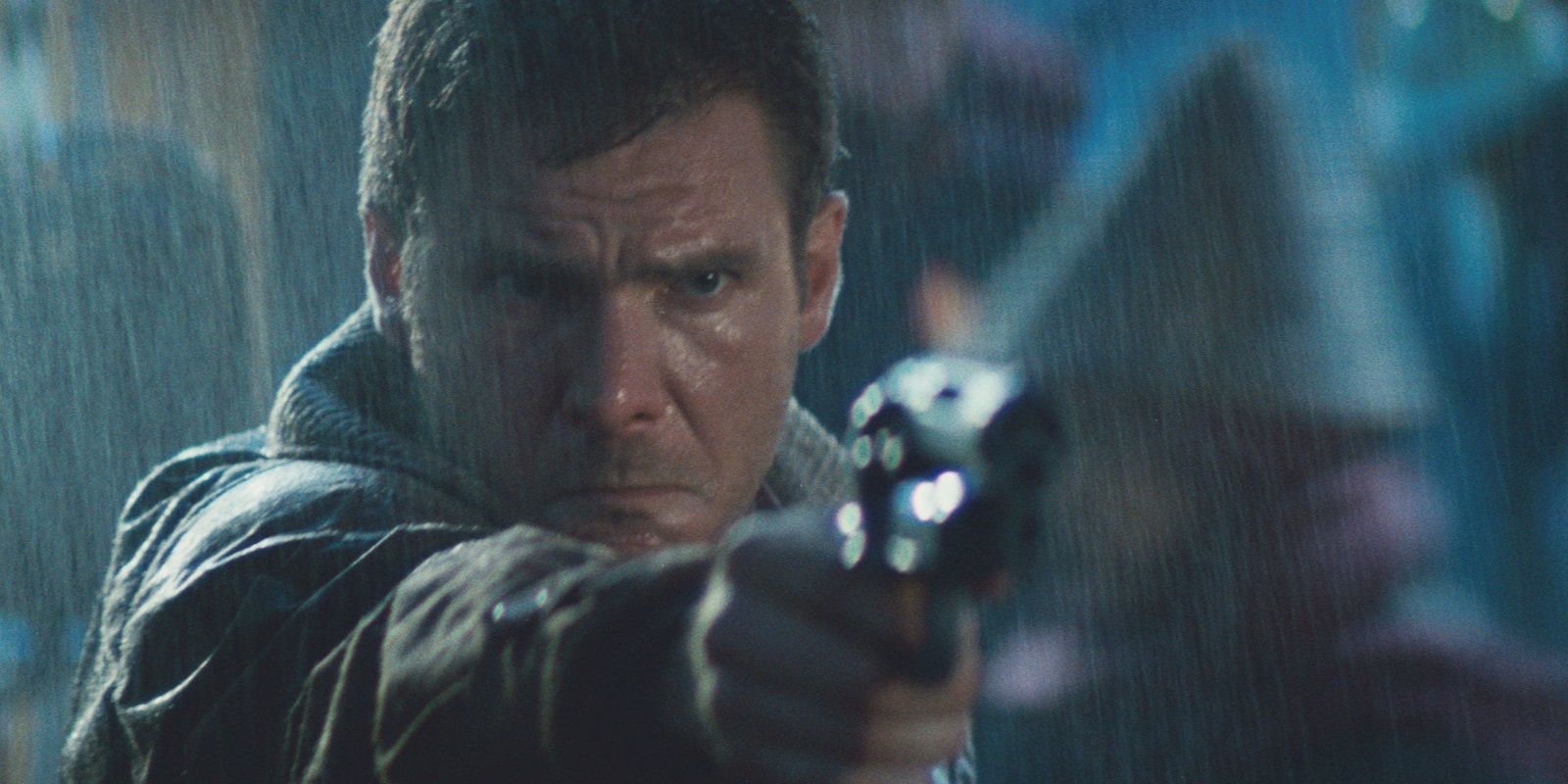
Although both versions of Deckard are tasked with retiring Replicants, the version in the source material is a bounty hunter rather than a cop. The Replicants are also referred to as androids in Electric Sheep. Ford’s Deckard is responsible for the same task, but his title is different from his literary counterpart. It’s possible that the film wanted to add more weight to Deckard’s actions by having him aligned with an official body rather than an independent agency, but the ethical dilemma of what he’s tasked with remains the same as in the novel.
Blade Runner also boasts many hallmarks of a story from the film noir genre, where the lead character is often the typical hard-boiled detective. Having Deckard remain a bounty hunter would have hindered the adaptation and possibly not fully aligned with Scott’s vision for the movie. When Rachael’s role as the story’s version of a femme fatale is taken into account, it becomes even more obvious why the decision to make Deckard a cop was made.
6 The Two Versions Of The Character Exist Either Side Of The Year 2000
Los Angeles Still Felt Eerie Similar In Both Versions
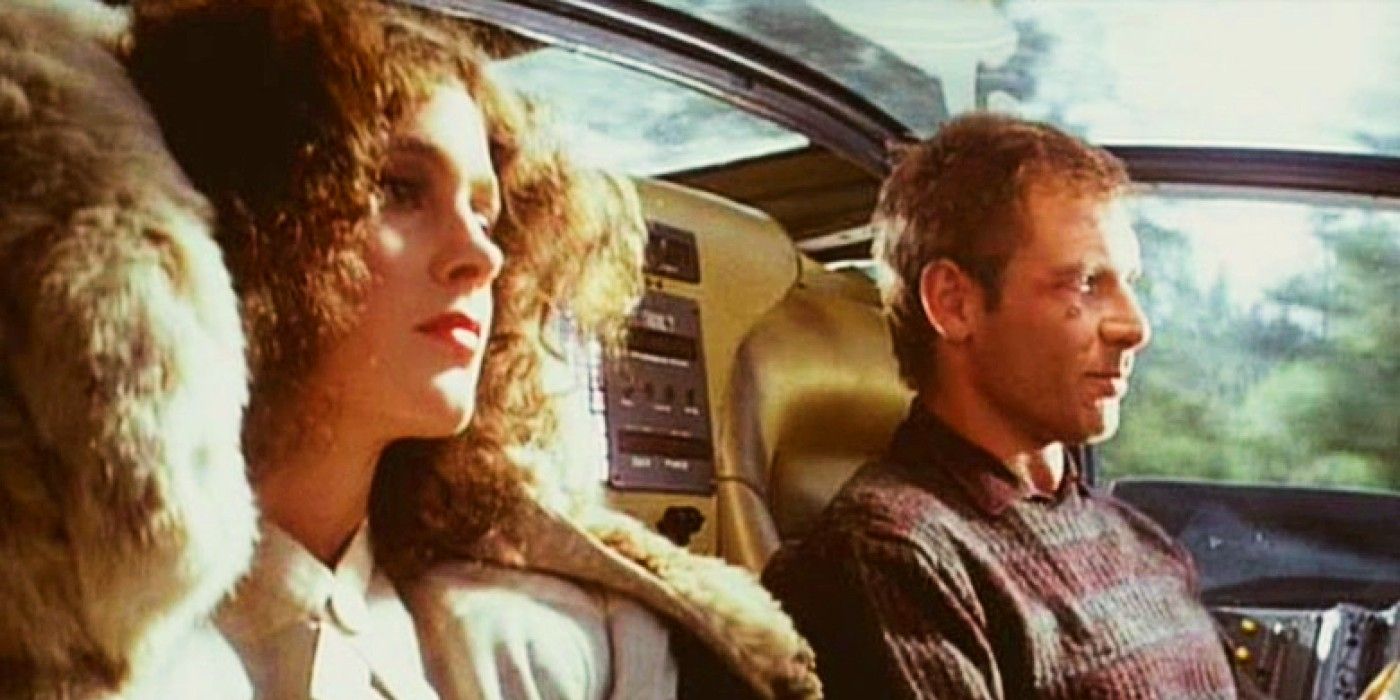
As can often be the case with classic sci-fi, Electric Sheep caught up and bypassed the future in which it was set at the time. Although more recent editions of the book have updated when the story is set, it originally took place in 1992, 10 years after it was written. Blade Runner gave itself a much longer period before the same thing happened, as it’s set in a similarly dystopian version of Los Angeles, only in 2019 instead.
Despite the 27-year gap between when Blade Runner and Electric Sheep are set, both versions of Deckard have access to signature sci-fi technology such as flying cars and artificially-constructed lifeforms. Both Deckards also reside on a polluted Earth where it’s heavily advertised that living off-world is seen as the much more desirable option. However, if technology such as the Penfield Mood Organ and Empathy Box exist in the world of Blade Runner as they do in Electric Sheep, they’re never shown or mentioned.
5 Harrison Ford’s Character Is Forced From Retirement
He Was Through With Tracking Down Replicants
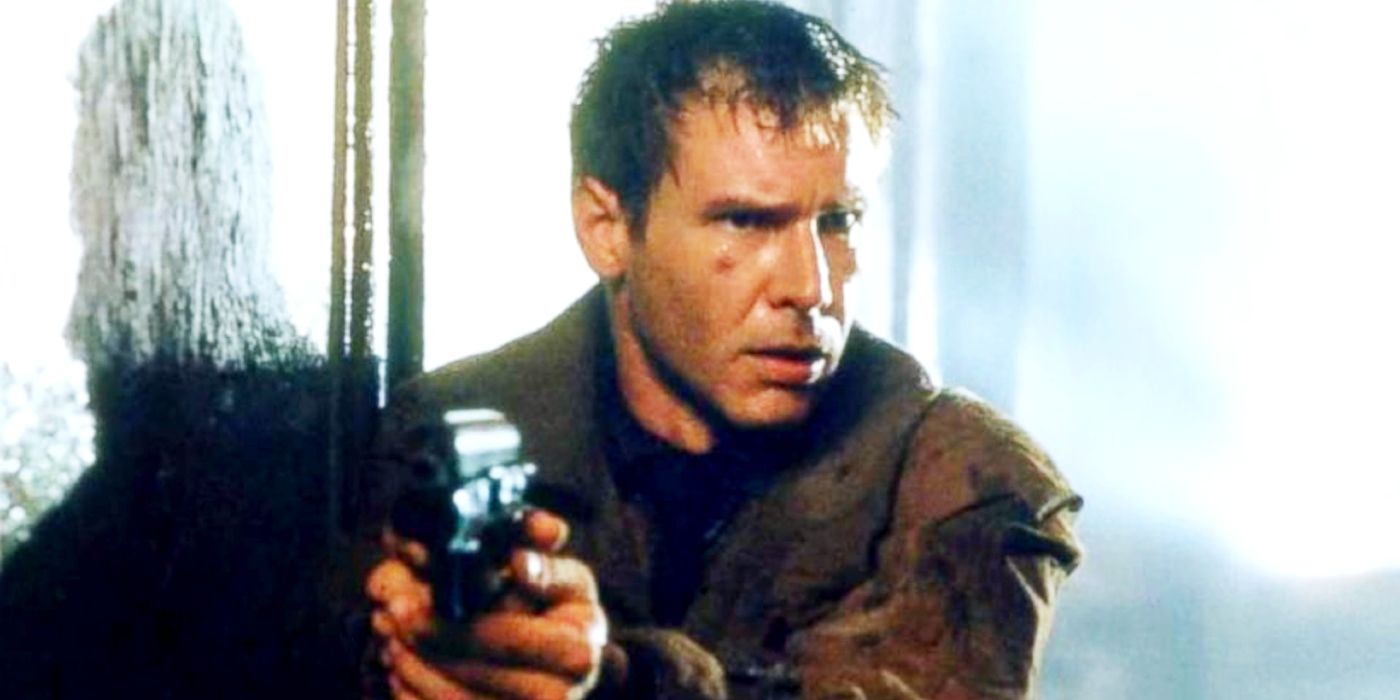
In Blade Runner, Rick Deckard has retired from his role on the force. Early in the movie, he’s shown being brought in and forced back into service to track down several escaped Replicants. Deckard’s superior’s reasoning for this is that Deckard was incredibly skilled when it came to retiring Replicants and is desperate for his services again.
In Electric Sheep, despite his assignment being similar, Deckard is much less experienced when it comes to hunting androids. Instead, he is desperate for the chance to prove himself and to earn more money, as he’s paid for every android he retires. His overall demeanor is much more indicative of an up-and-comer rather than someone with the experience and skill of Harrison Ford’s version of the same character.
4 Only One Deckard Owns An Electric Sheep
Other Artificial Animals Do Appear In The Film, Such As Snakes
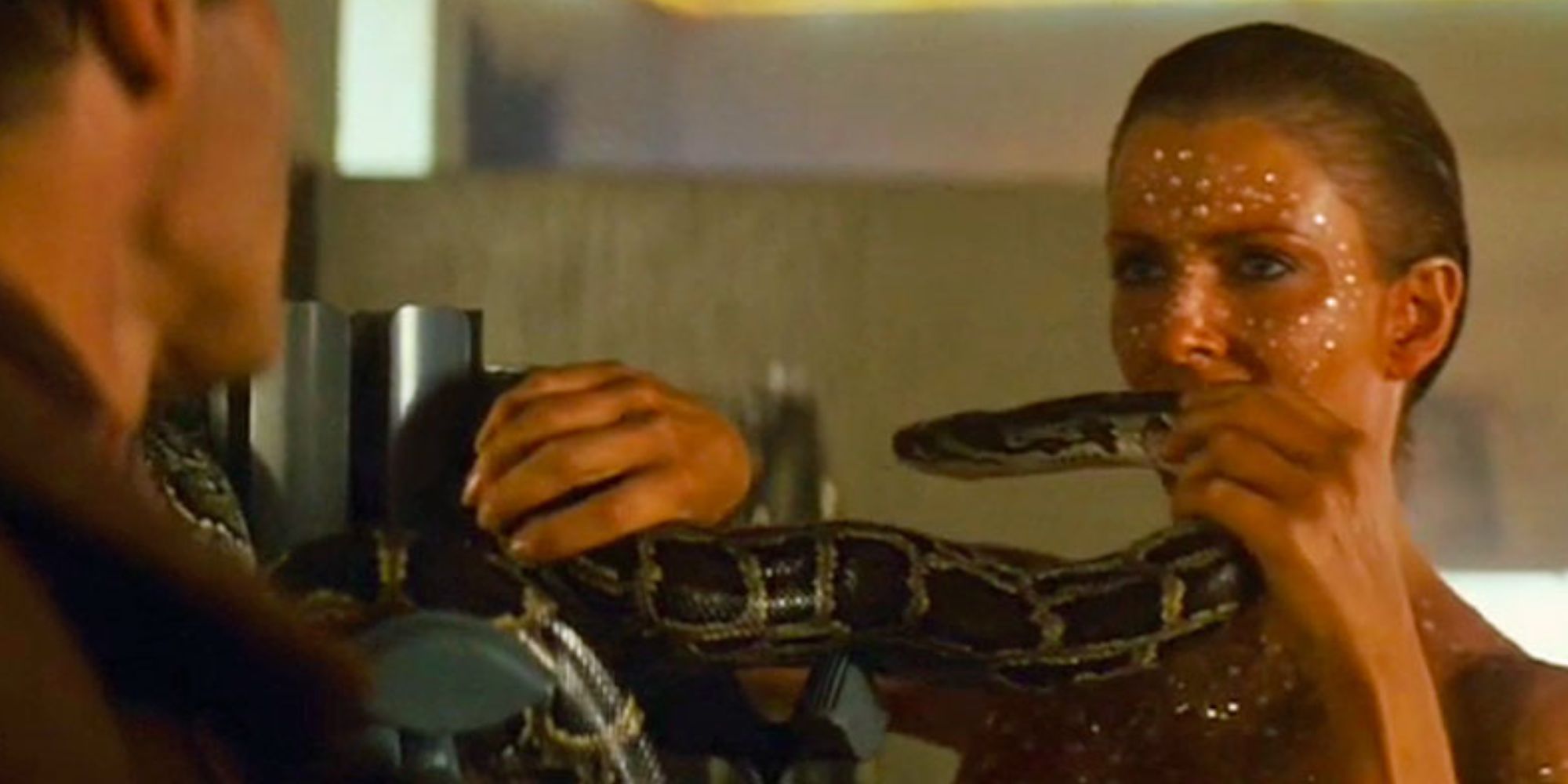
In both versions of the story, the meaning of the animals is important. Owning one is a sign of wealth and success due to its rarity caused by the poor condition of the planet’s atmosphere. For those who cannot afford an animal, it’s not uncommon to own an artificial animal that’s highly convincing to the naked eye. In Electric Sheep, Deckard is part of the latter group and has a robotic sheep that he keeps on his roof, convincing his neighbors that it is, in fact, the genuine article. Although, it’s his eventual goal to own a biological animal, which he aims to achieve by retiring enough androids.
In the movie adaptation, despite there being mention of the importance of owning an animal, Deckard shows no desire to own one himself. The absence of the sheep from the original is understandable, as shots of Harrison Ford caring for a fake animal may not have been the most thrilling thing for audiences to witness. It also explains why the title of the movie differs from that of the book, as without the electric sheep, the name becomes nonsense. Although, the overall omission of Rick owning a fake animal does remove a little of his character’s motivation.
3 His Wife Is Missing From The Movie
She Would Have Been A Good Addition
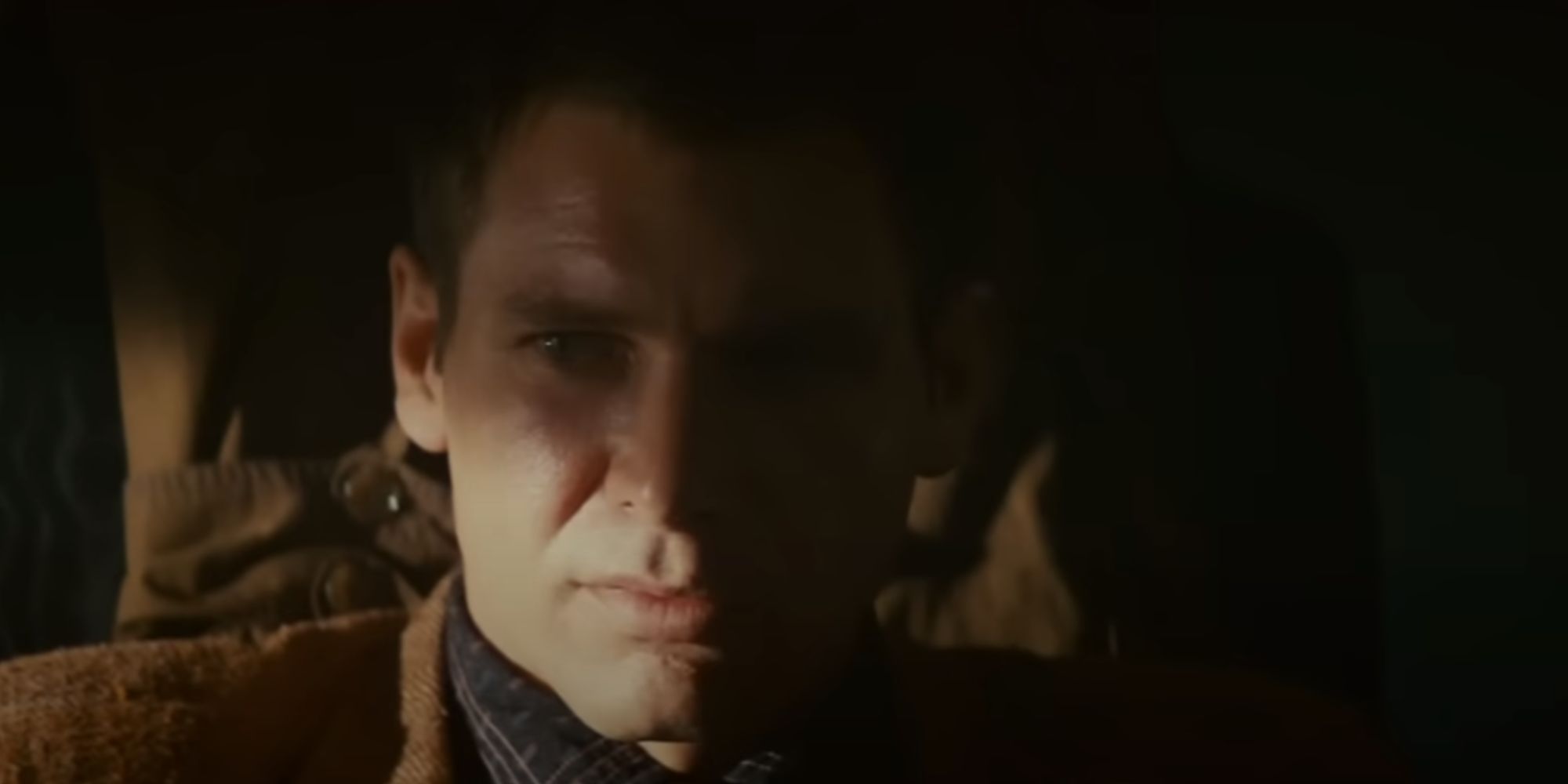
There have been many different versions of Blade Runner over the years. In some, there is a voice-over from Harrison Ford that mentions Deckard’s ex-wife. However, Blade Runner: The Final Cut disposed of the narration. This leaves audiences to wonder whether Deckard was ever married in the “canon” world of the film. Either way, she is never mentioned or shown on screen.
In the source material, Philip K. Dick wrote a wife for his main character. Although deeply troubled emotionally, Iran Deckard’s interactions with her husband give readers a greater insight into his inner workings. Additionally, his sexual encounter with Rachael adds another facet to Deckard’s character in the book, as it’s an act of infidelity and calls his integrity into question. In the movie, the same scene is still surprising given Deckard’s occupation but lacks the extra layer of him betraying his wife’s trust.
2 Deckard Takes The Voight-Kampff Test In The Book
It’s Still Unclear Whether He Was A Replicant Or Not
The Voight-Kampff test exists in both the world of the book and the movie. Its function is to determine whether someone is human by measuring involuntary reactions such as pupil dilation and heart rate when being asked questions that have been written specifically for the test. Although it’s generally accepted to be accurate by those who use it, there are times it comes close to missing the mark. For instance, Rachael undergoes the test in the film, and it takes significantly more questions than usual for Deckard to realize she is a Replicant.
Although Deckard passes the Voight-Kampff test himself in Electric Sheep, its potential for infallibility could arguably leave readers wondering if the result was accurate. However, the fact he has a wife could lend credence to the fact his memories are not implanted as an androids are. Ford’s version of the character doesn’t undergo the test in Blade Runner, and the movie fails to prove whether Deckard was always a Replicant or not
1 Both Deckards Deal With Roy In A Different Way
The Scenes Differed In Tone
In Blade Runner, the showdown between Deckard and Roy takes the form of a physical altercation, with Deckard always on the back foot. However, Roy ultimately saves Deckard from falling, then succumbs to the limited lifespan of his Replicant body. Roy’s words move Deckard and make him further consider whether Replicants are sentient beings. The scene resulted in one of the film’s most famous quotes from Roy:
The equivalent scene in the book has Deckard dispassionately gunning Roy down, his thoughts almost immediately turning to the money it will earn him and the animals he will be able to afford. Although the Deckard in Electric Sheep does wrestle with the weight of his actions during various stages of the book, his guilt is seemingly not present during this particular moment. With Ford’s version of Deckard in Blade Runner being the more hardened version of the character, it’s surprising that the two versions of the scene played out the way they did and not the other way around.
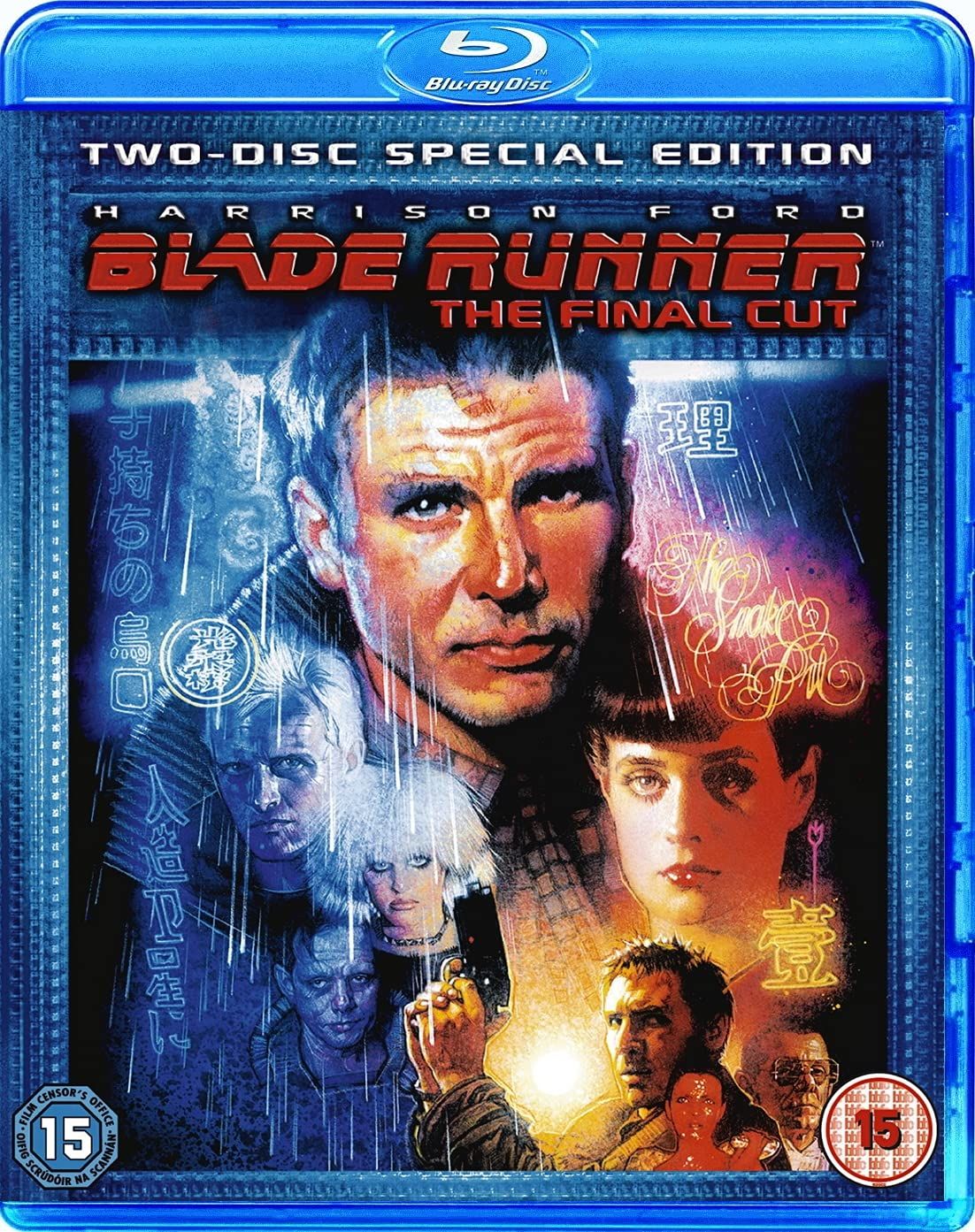
Blade Runner: The Final Cut
- Run Time:
- 118 minutes
- Rating:
- R
- Studio:
- Warner Bros
- Director:
- Ridley Scott
